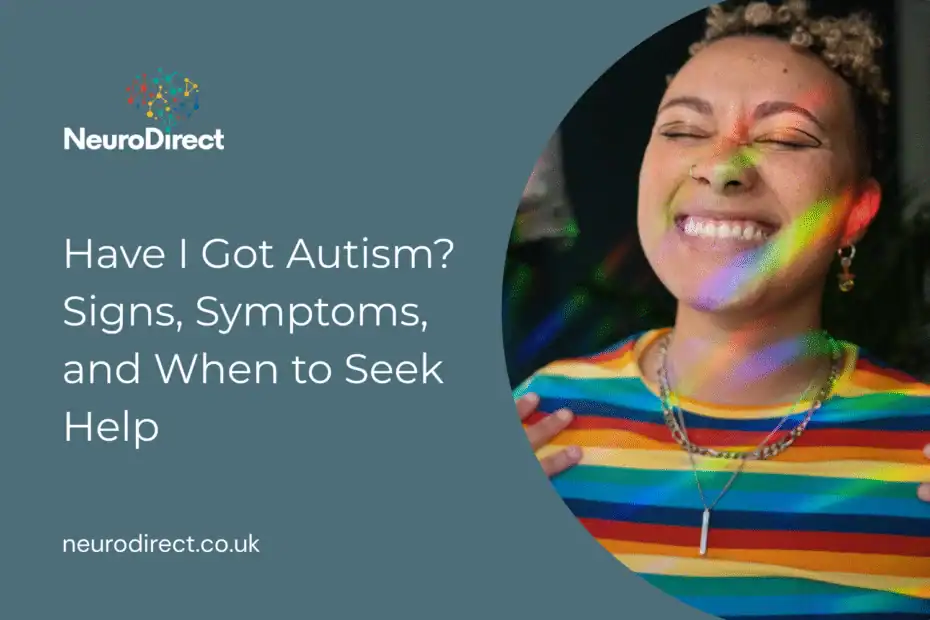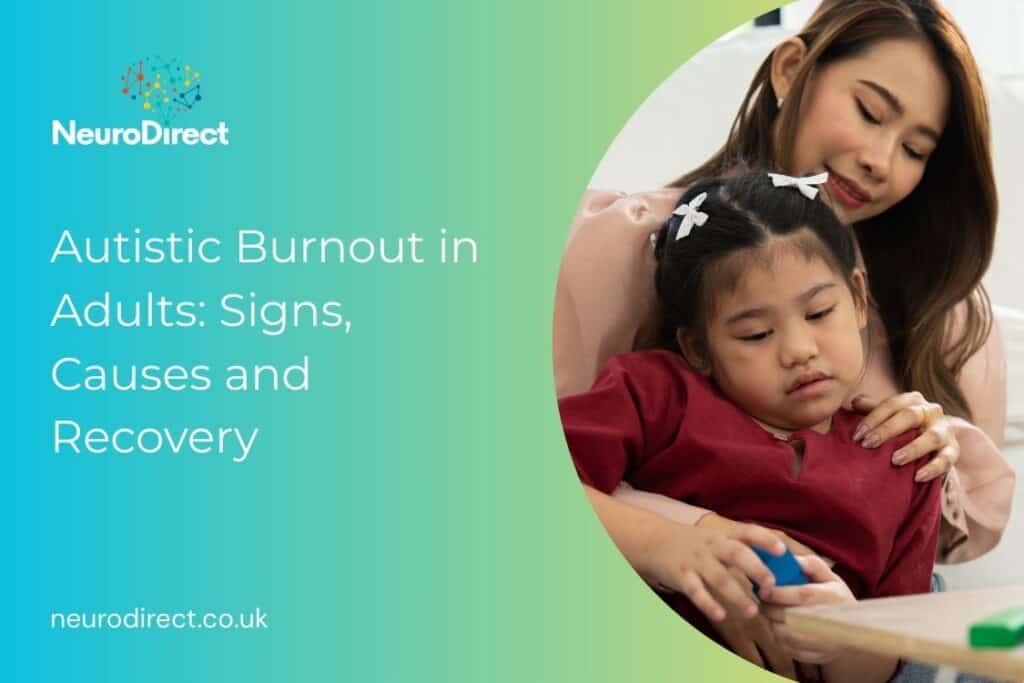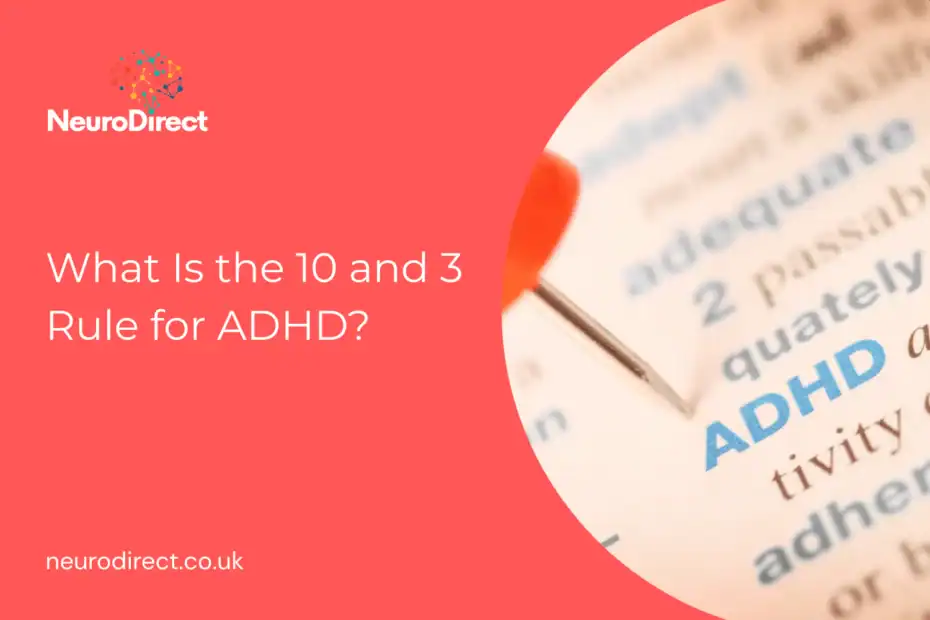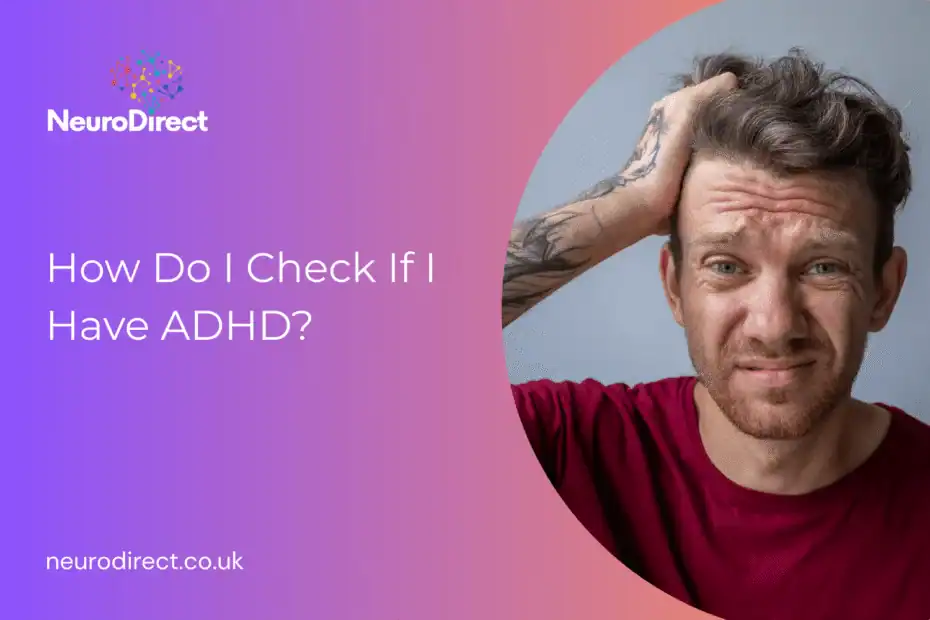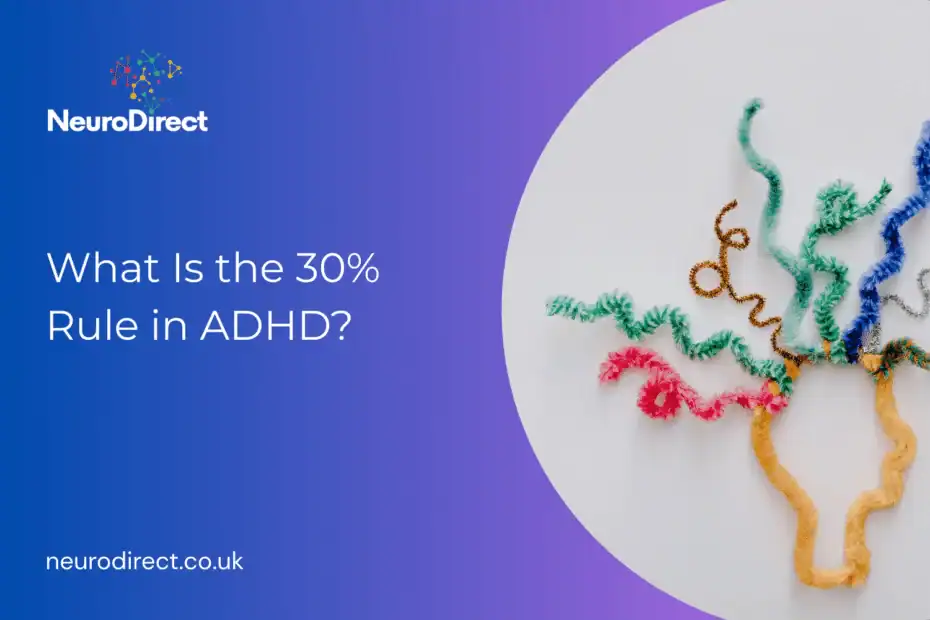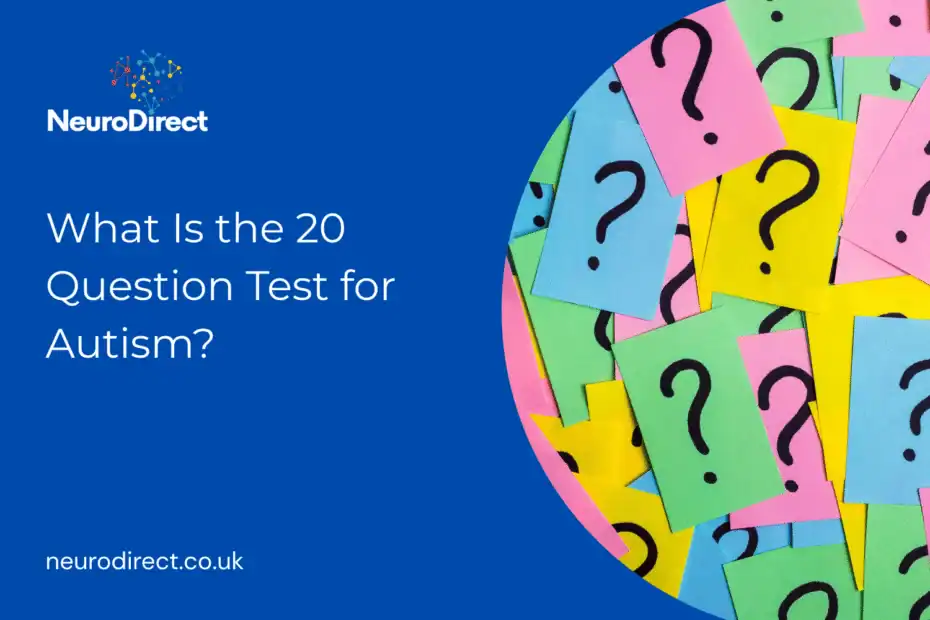Have I Got Autism? Signs, Symptoms, and When to Seek Help
Estimated reading time: 5 minutes
- Have I Got Autism? Signs, Symptoms, and When to Seek Help
- Introduction
- How autism commonly appears in adults
- Key areas where autistic traits often show
- Common behaviours people ask about
- Co-occurring conditions
- When to consider a professional assessment
- What happens in an autism assessment for adults
- What a diagnosis (or no diagnosis) can mean
- Practical strategies and support options
- Where to find reliable information and assessment services
- Frequently asked questions
- Next steps
- Conclusion
Have I Got Autism? Signs, Symptoms, and When to Seek Help
If you’ve found yourself asking, “have I got autism?”, you’re not alone. Many adults begin to recognise autistic traits in themselves later in life or after learning more about autism. This guide explains common autism signs and symptoms in adults, how autistic traits can look in everyday life, and when it makes sense to seek a professional autism assessment.
Suspect you have autism? Check out our post on the Causes of Autism here for more information.Introduction
If you’ve found yourself asking, “have I got autism?”, you’re not alone. Many adults begin to recognise autistic traits in themselves later in life or after learning more about autism. This guide explains common autism signs and symptoms in adults, how autistic traits can look in everyday life, and when it makes sense to seek a professional autism assessment.
How autism commonly appears in adults
Autism is a neurodevelopmental difference that affects social communication, behaviour patterns, sensory processing, and interests. In adults it often presents differently than in children — sometimes more subtly — because many adults learn strategies to cope or mask their differences.
Key areas where autistic traits often show:
- Social communication and interaction
- Difficulty with small talk, starting or maintaining conversations, or reading unwritten social rules.
- Challenges understanding sarcasm, implied meaning or figurative language; preferring direct, literal communication.
- Feeling exhausted after social events even when appearing to cope well.
- Restricted or repetitive behaviours and routines
- Strong preference for routines and difficulty with unexpected changes.
- Repetitive actions or “stimming” (e.g., hand movements, tapping, fidgeting) used to self-soothe.
- Intense, focused interests pursued with exceptional depth.
- Sensory differences
- Over- or under-sensitivity to sounds, lights, textures, tastes or smells.
- Everyday environments (busy cafés, fluorescent-lit offices) may feel overwhelming.
- Communication differences
- Preference for factual, precise language; may find chit-chat or emotionally-driven conversation draining.
- Differences in non-verbal communication such as eye contact or facial expressiveness.
Common behaviours people ask about
People wondering “have I got autism?” often notice certain recurring patterns:
- Consistently preferring predictable routines and experiencing significant discomfort when they change.
- Deep, narrow interests that are pursued intensely and become a dominant part of daily life.
- Feeling misunderstood socially, anxious around social expectations, or frequently misreading others’ intentions.
- Using masking strategies: imitating social behaviour to fit in, which can be exhausting and contribute to anxiety or depression.
- Sensory reactions that seem stronger or weaker than those of peers — for example, becoming distressed by background noise or seeking strong sensory input to feel grounded.
Co-occurring conditions
Autistic adults commonly experience other conditions such as anxiety, depression, ADHD, or sensory processing differences. These can sometimes mask or complicate an autism presentation, which is why assessment by experienced clinicians is important.
When to consider a professional assessment
You might choose to seek an autism assessment if any of the following apply:
- You’ve consistently noticed the signs above from childhood onward (autism is developmental) and they continue to affect your daily life.
- Your differences are causing significant distress, affecting relationships, work, or mental health.
- You find that receiving an explanation for your experiences could help access support, workplace adjustments, or mental health treatment.
- You suspect autism but are unsure because you’ve learned to mask; a clinician can help unpack lifelong patterns.
What happens in an autism assessment for adults
Assessment processes vary but commonly include:
- Referral and pre-assessment: Often starts with a GP referral or self-referral to a specialist clinic. Some organisations provide private assessments.
- Clinical interview: A detailed developmental history looking at childhood behaviours, school experiences, and current challenges.
- Standardised tools and questionnaires: Clinicians may use screening tools and structured interviews to assess social communication, repetitive behaviours, and sensory differences.
- Observations and collateral history: Input from a partner, parent or close friend can help establish lifelong patterns.
- Feedback session: Results explained with practical recommendations, and if a diagnosis is given, information on support options.
Tip: If you’re preparing for an assessment, it helps to make notes about childhood behaviours, school reports, early friendships and any lifelong routines or sensory issues.
What a diagnosis (or no diagnosis) can mean
A formal diagnosis can:
- Provide clarity and a framework for understanding your experiences.
- Open access to support, workplace accommodations, tailored therapies and community resources.
- Help with mental health treatment that accounts for autistic needs.
If you’re not diagnosed, you can still access many supports and strategies. A diagnostic outcome is one step in accessing personalised recommendations.
Practical strategies and support options
If you recognise yourself, consider these practical steps:
- Talk to your GP about a referral to an adult autism assessment service or specialist clinic (see NHS guidance).
- Seek workplace adjustments: reasonable adjustments can reduce sensory strain and improve performance.
- Explore therapies adapted for autistic adults, such as tailored cognitive-behavioural approaches for anxiety, occupational therapy for sensory needs, or coaching for social and executive functioning skills.
- Connect with peer support and local or national autism organisations; peer networks reduce isolation and provide practical tips.
Where to find reliable information and assessment services
- NHS information about autism: Clear information about autism in adults and how to access assessment services.
- Autistica: Research-led resources for autistic adults.
- If you’re ready to explore an assessment through NeuroDirect, start with our guide to what happens in an adult autism assessment or find a specialist in our directory.
What are the most common signs of autism in adults?
Do I need a formal diagnosis to get support for autism?
How can I tell if my difficulties are autism or something else?
What happens during an adult autism assessment?
Where can I find trustworthy information and support?
Next steps
If reading this has answered some questions and raised others, consider: making a note of your experiences, talking with a trusted clinician, or connecting with peer communities. Whether or not you pursue an assessment, understanding your profile can guide practical changes that improve wellbeing.
Conclusion
Asking “have I got autism?” is an important first step. Look for consistent patterns across social communication, routines and sensory experiences, and consider the impact on daily life. If traits cause distress or limit functioning, an autism assessment can offer clarity and access to support. For many adults, a diagnosis — or a clearer understanding of their profile — becomes a tool for better self-knowledge and improved quality of life.


